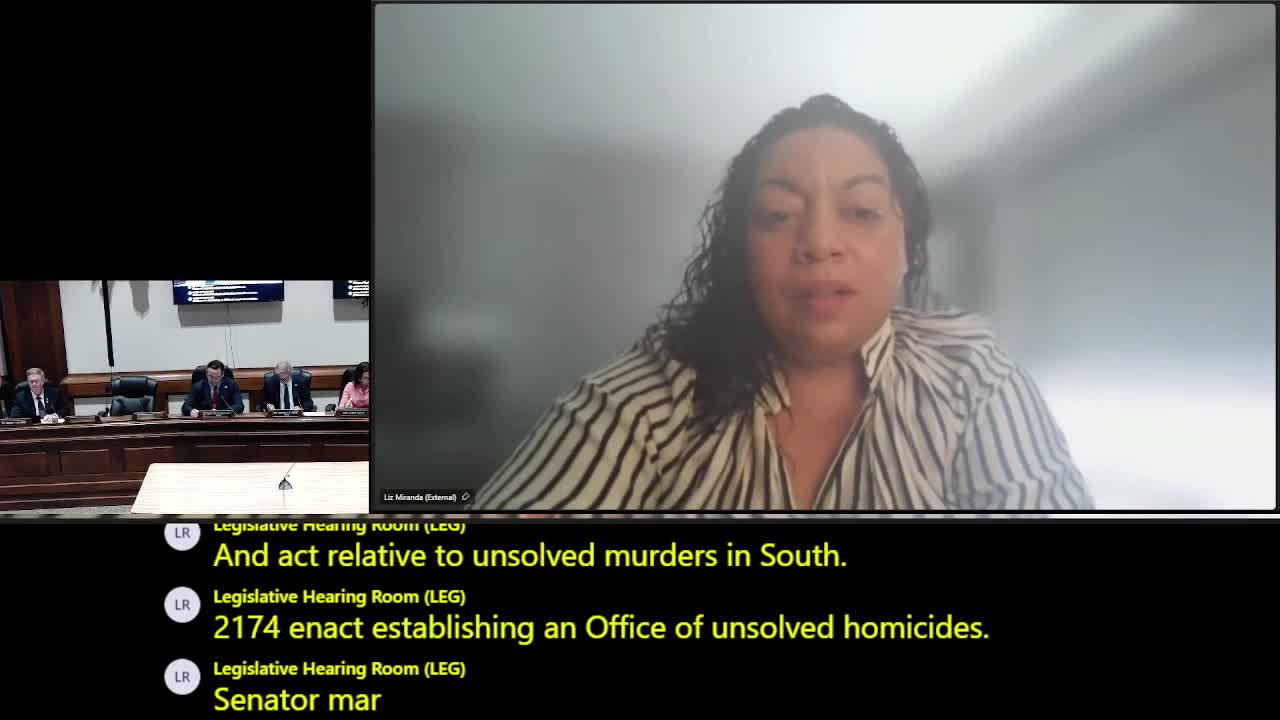Article not found
This article is no longer available. But don't worry—we've gathered other articles that discuss the same topic.
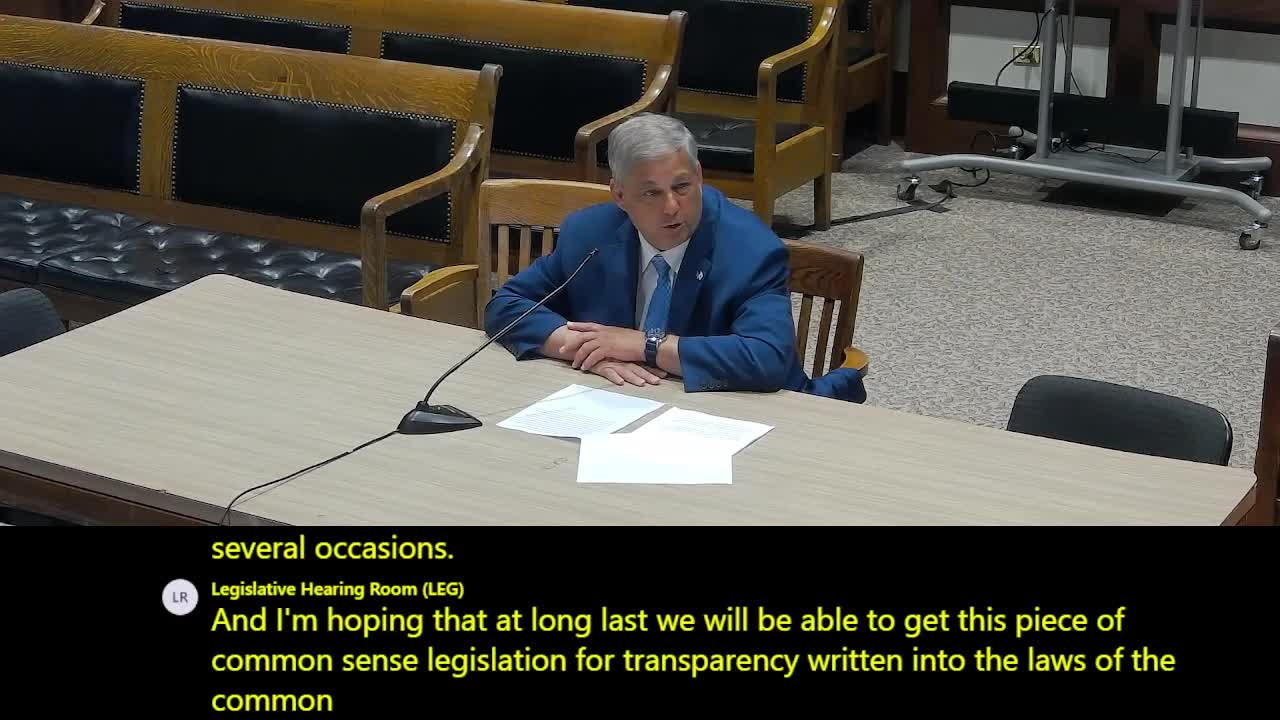
Building Trades group seeks formal recognition for Recovery Week to reduce stigma and save lives
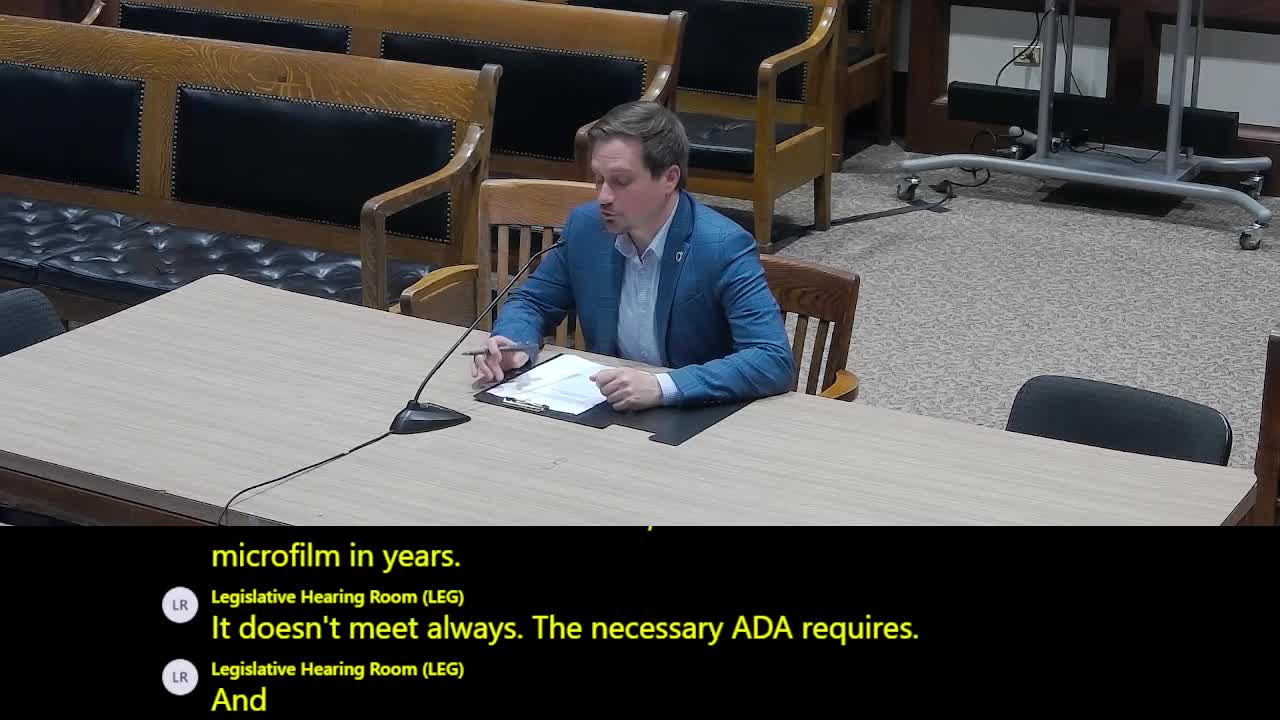
Registries of deeds ask lawmakers to remove outdated microfilm mandate and permit digital standards
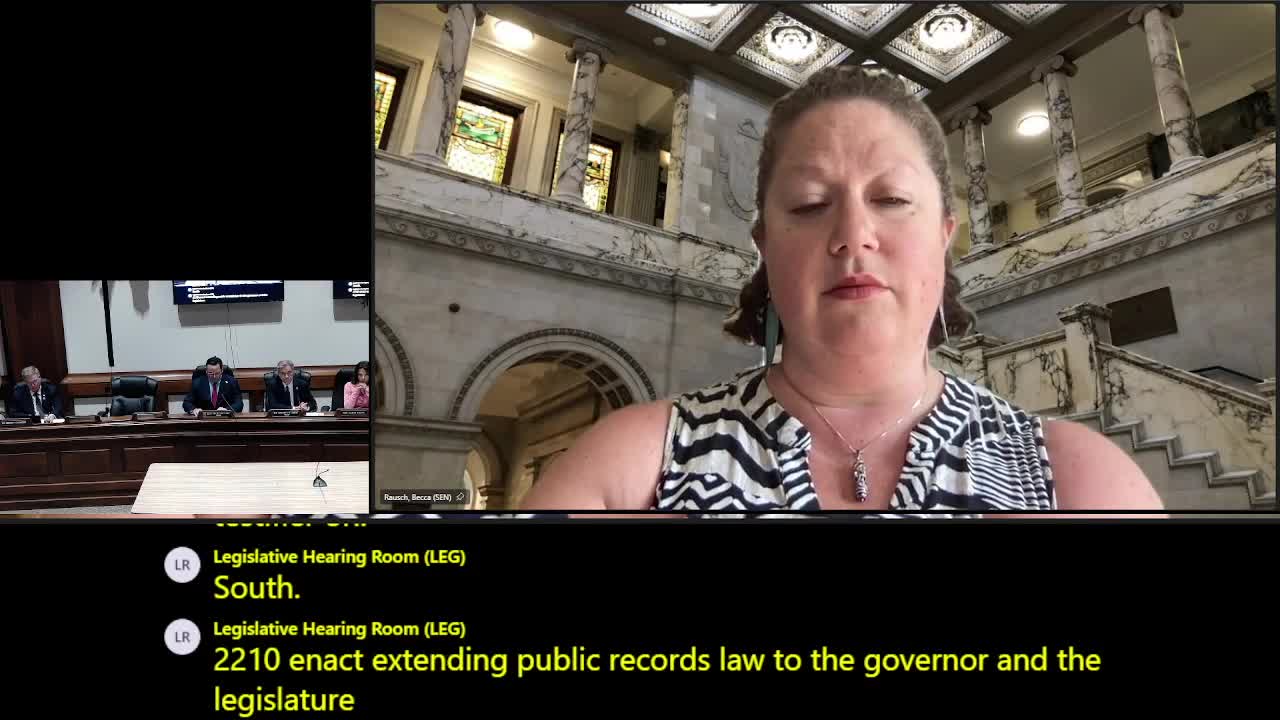
Senator urges extending public-records law to governor and legislature and adopting information‑governance standards
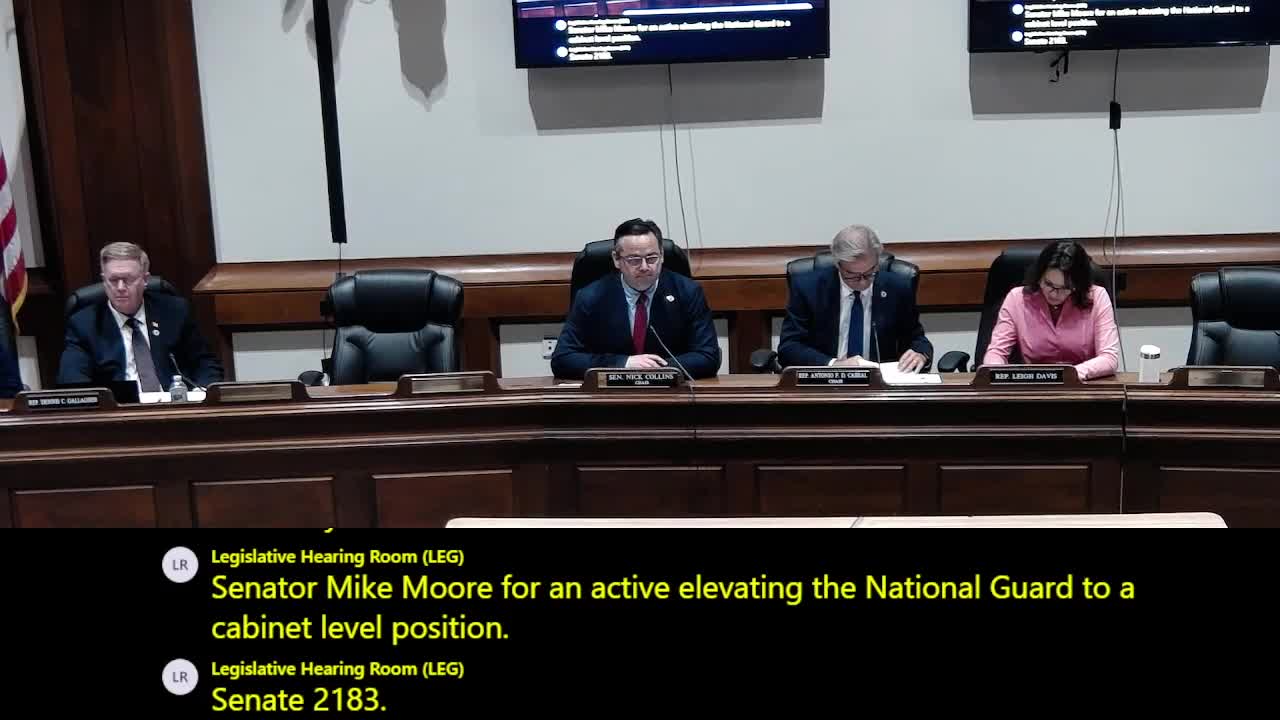
Sponsors, Guard association push bill to make Massachusetts National Guard a governor-level cabinet office
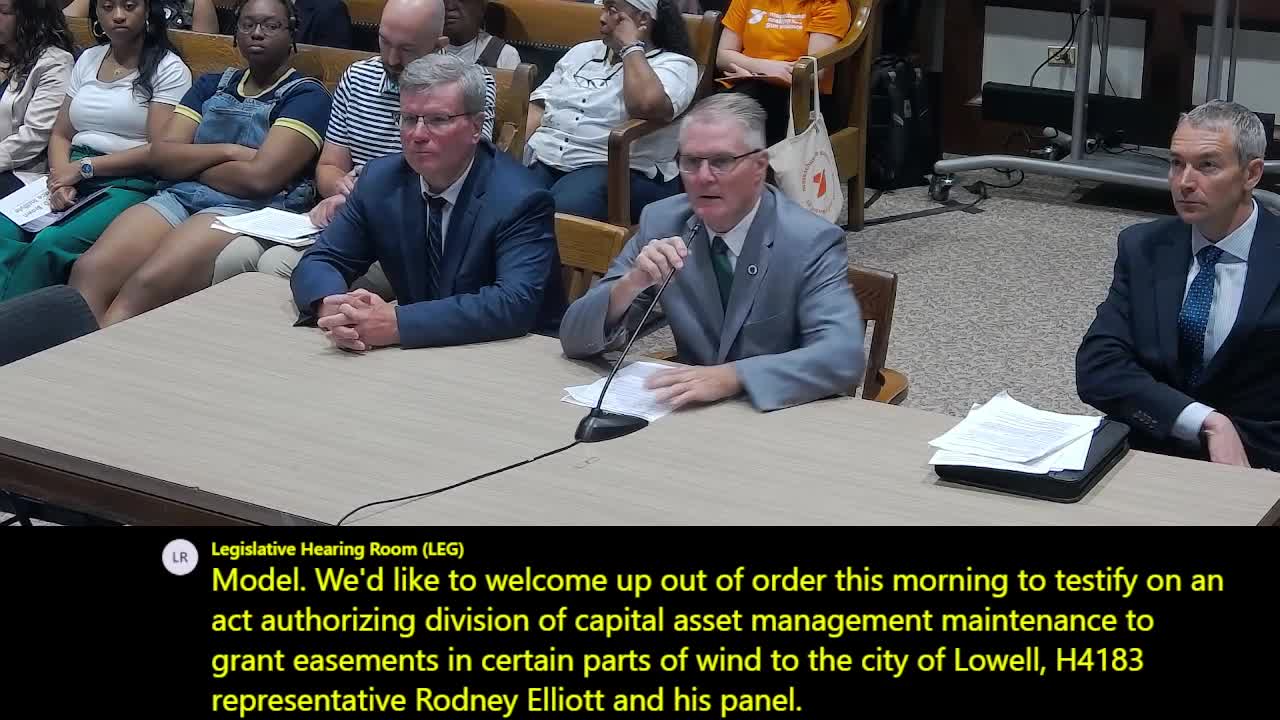
Lowell officials seek Article 97 easements to move forward with $160M sewer separation project
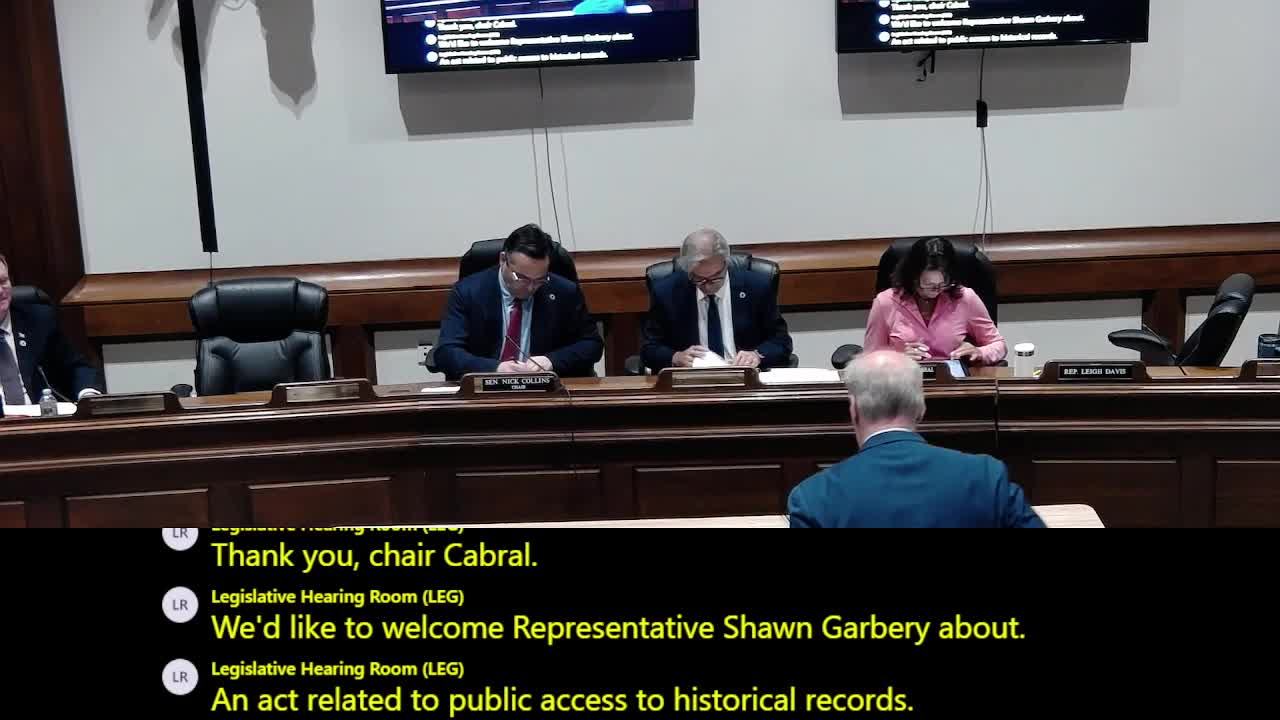
Lawmakers hear push to open state-institution records and name graves after 75 years
